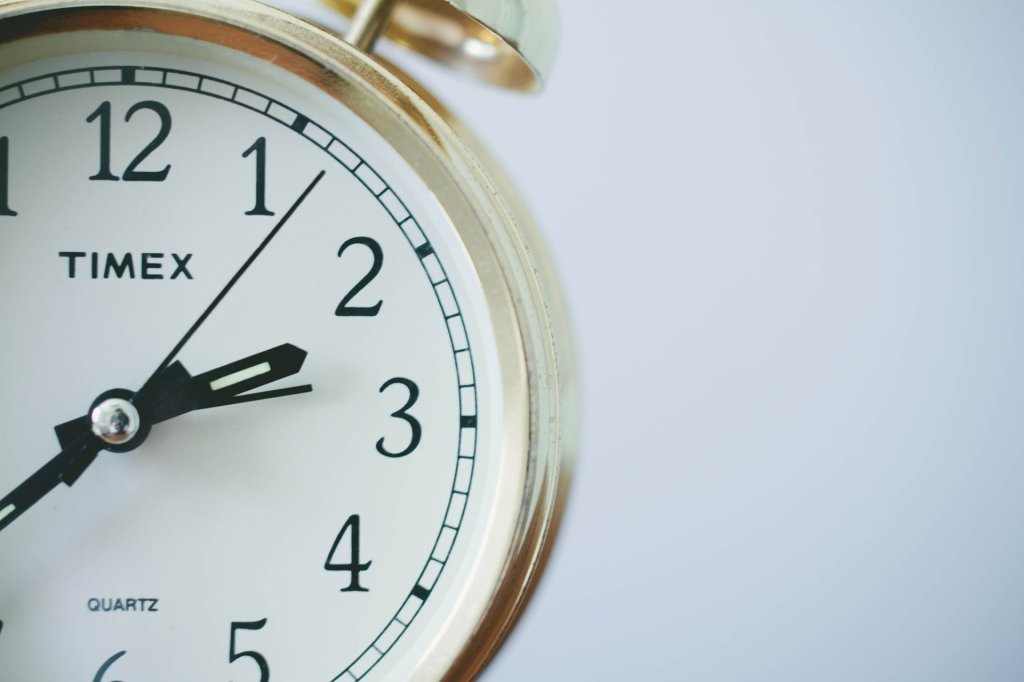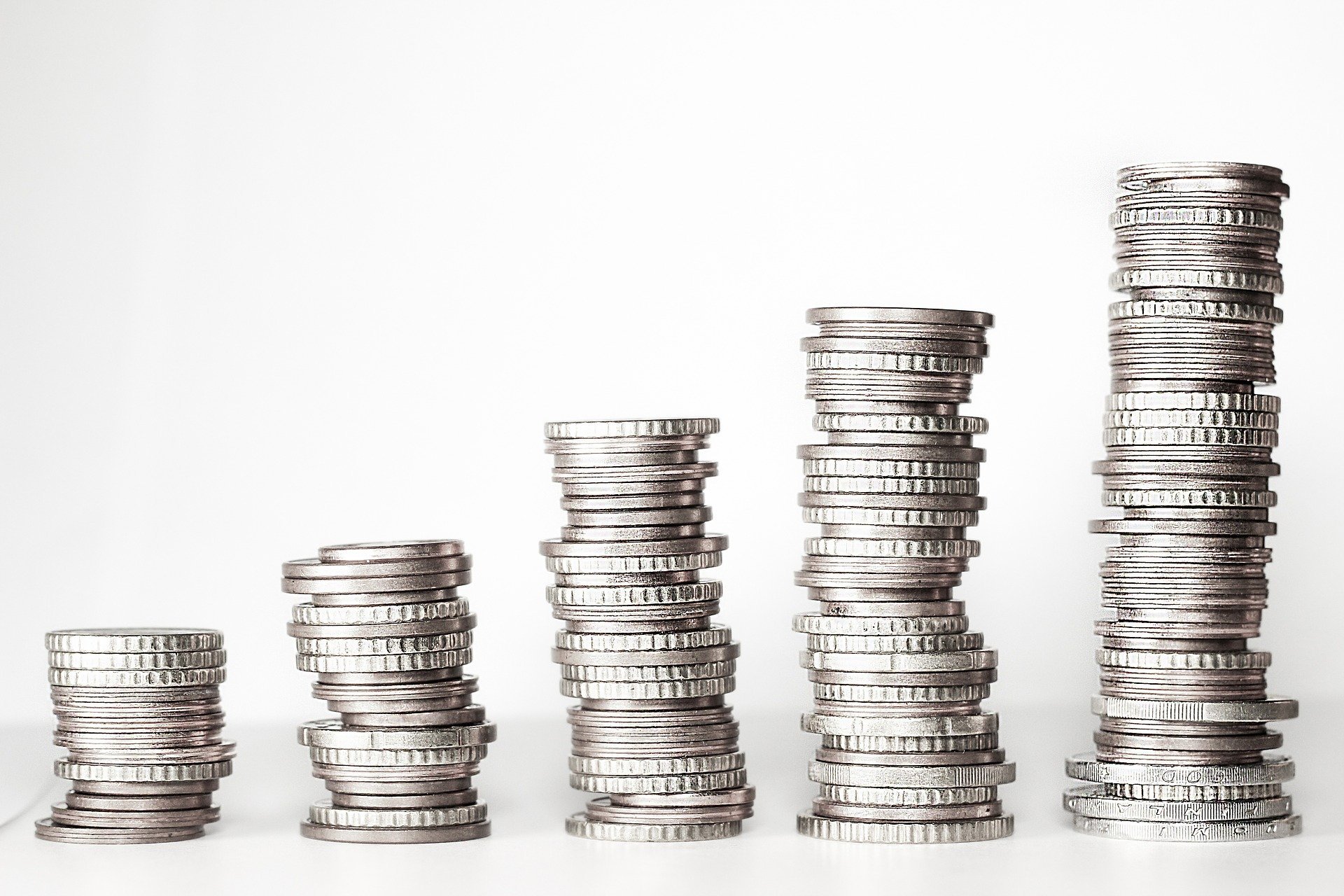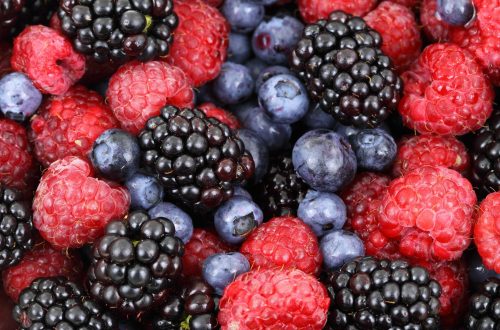
6 Fantastic Benefits Of Intermittent Fasting!
Ok, so I’ve been doing intermittent fasting consistently for about six months now, and I decided to write about it to share my experience.
The reason why I’m writing about this is that I believe that our health as mothers has an impact on our parenting, and consequently on our children.
So, if you’ve never heard of intermittent fasting, it’s basically a meal timing schedule that cycles between voluntary fasting and non-fasting over a period of time. In my case, I do a 24-hour schedule.
The 16/8 Method
Now when I first started intermittent fasting, I did the 16/8 method of intermittent fasting, i.e., my fasting window was 16 hours – from 8.30 p.m. to 12.30 p.m. – and my eating window was 8 hours – from 12.30 p.m. to 8.30 p.m.
This worked well for me because I would start my eating window with lunch at 12.30, I would have a snack around 4.00, eat dinner at seven, and then finally have a light snack at around 8.30.

The 16/8 fasting method is one of the most common for people doing intermittent fasting, which is probably why my husband and I adopted it at the time.
18/6 method
Anyway, a couple of weeks ago we both decided to extend our fasting window to 18 hours.
So what we do now is that we eat lunch between 12.40 and 1.00, we have a snack at about 4.00, and eat dinner at 7.00 and that’s it. Three meals a day.
The reason we’ve extended our fasting window is that we’ve noticed that when we do a longer fast, we have more energy in the morning.
Now, what are the benefits of intermittent fasting?
Benefits of intermittent fasting
If you would like to, you can read about the main evidence-based benefits here.
But, in summary, intermittent fasting is great for
- decreasing insulin resistance
- improving brain function
- weight loss
- reducing inflammation in the body.
- preventing cancer and heart disease
Well, I can certainly attest to improving cognitive functions!
I notice that in the morning when I’m in my fasting mode, I’m so much better at concentrating.
It’s also interesting to note that when your body gets into a fasting state, it starts converting fat instead of glycogen into energy. You can read more about this here.
But what about the other practical benefits of intermittent fasting?
Here are five I’ve noticed in the past months:
1- Taking in more fluids

When I’m in fasting mode, I get thirsty so I drink two to three cups of tea in the morning, as well as water.
This is great for hydration! 😀
I know that if I weren’t doing my fasting, I wouldn’t drink so much water, so this really is a benefit.
2- One less meal to plan

I know this may seem funny, but it really is one less meal to think about for my husband and I.
While my children do eat breakfast in the morning, they’re not on a low-carb diet so it’s easier to plan their breakfasts. These include porridge, granola, and bran flakes.
Having said that, we do eat breakfast as a family on Sunday mornings, as my husband and I have an off day.
So in terms of Sunday breakfast, we have low-carb pancakes, healthy mug cakes, fruit and cheese, or bacon and eggs.
3. Money saver

Obviously, my husband and I not eating breakfast in the morning saves on food expenses.
This is particularly relevant for us because since going on a low-carb diet, we started spending more money on food.
This is because we buy more protein, nuts, cheese, and vegetables than we did before in place of cheap foods such as bread and pasta.
So, by not eating breakfast, we compensate for this. 🙂
4. Time saver

By not eating breakfast, I save myself 10 minutes in the morning!
I know it doesn’t sound like much, but as a mum you know how useful having an extra 10 extra minutes in the morning is! 😀
I usually use this time to get on with my TOMM level 1 jobs.
5. Delayed gratification

Fasting is great at delaying gratification.
We live in a world rampant in quick pleasure fixes: sugar for a dopamine hit, video games for a quick adrenaline rush, and social media for talking to people across the globe at the click of a button.
In my opinion, anything I can do that will help me delay gratification is beneficial.
Because slow is beautiful and helps me grow in patience, discipline and resilience.
By waiting longer to eat, I’m training my body to wait for the pleasure that comes from eating.
6. Food enjoyment

As a direct consequence of delayed gratification, I notice that when I do eat, I really enjoy my food.
Not that I was a picky eater before, it’s just that now I find myself enjoying the food I eat so much more.
I feel like when I’m eating, I’m really savouring my food. Then, once I’ve eaten, I rarely feel bloated and I’m ok until the next meal. 🙂
Have you ever tried intermittent fasting? What do you think about going so long without eating?
Interested in healthy eating? Check out my 20 healthy snacks for mums and kids.
Did you find this article useful? Share it on social media. 🙂





One Comment
Pingback: